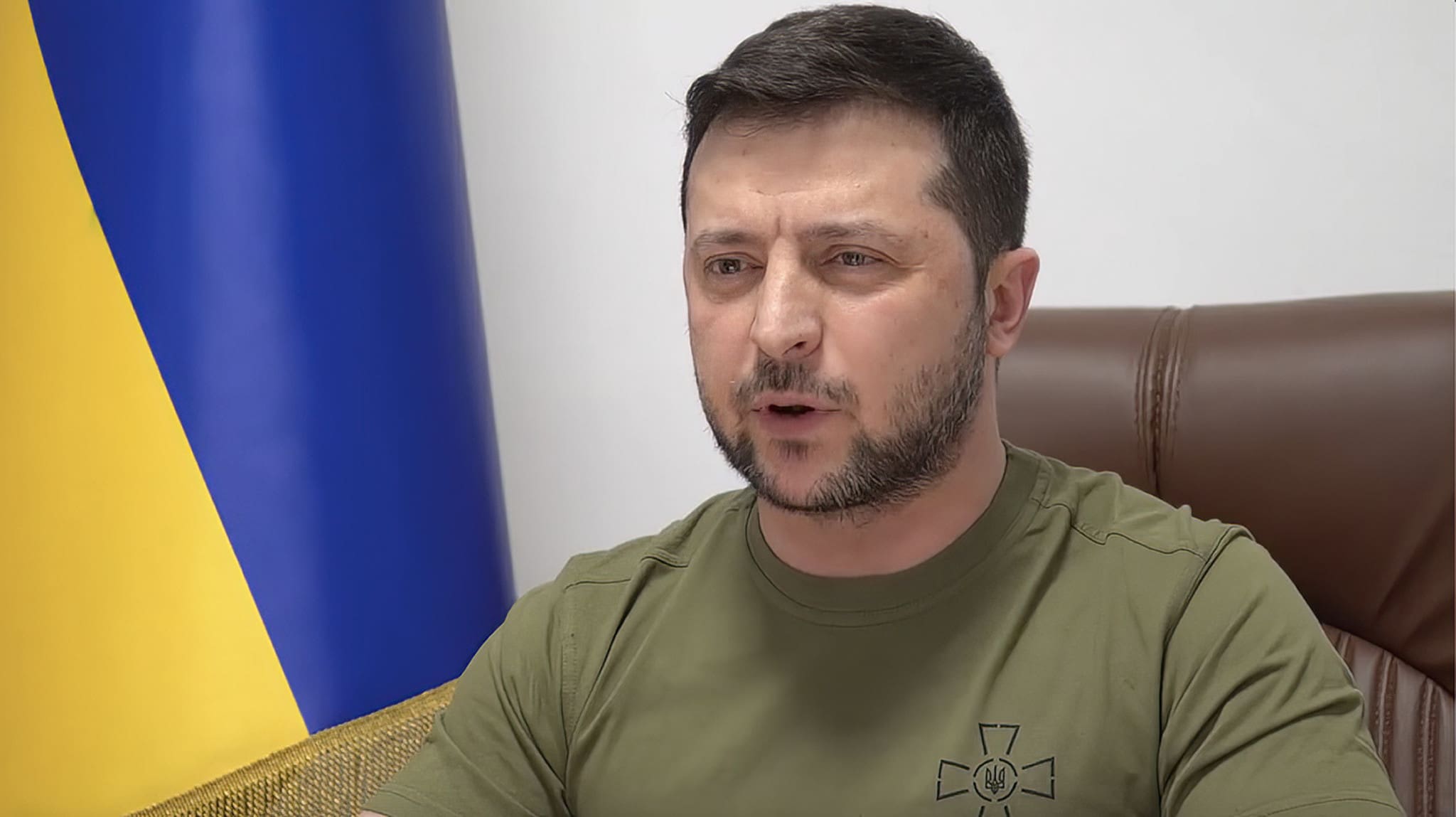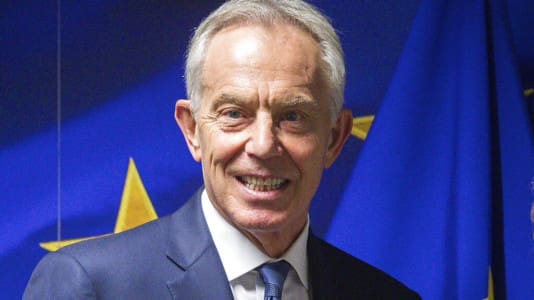Even two days after their return, the trip of Czech Prime Minister Petr Fiala and his colleagues from Poland and Slovenia to Kyiv remains a hot topic, a big deal.
Why? Because the visit was symbolic. Nothing authoritative was decided during it, the prime ministers did not adopt the wild idea of the fourth passenger, Polish Deputy Prime Minister Jarosław Kaczyński, to send a NATO “peace convoy” to Ukraine, which would effectively be a precursor to the Alliance’s direct involvement in the war.
The mainly symbolic nature of the visit does not diminish its value. At a time when Russians are besieging the city from three sides, and their rockets and grenades continue to bombard Kyiv from above, it was a gesture of solidarity. Nothing more, but also nothing less.
The dispute over whether they traveled there with an EU mandate was discussed on German public television, as well as in Brussels. However, we shouldn’t take this suggestion seriously. The European Union has not yet infringed on member state sovereignty to the extent where it can dictate the intentions of foreign policy visits by national leaders.
If Viktor Orbán had also traveled with the trio of central European leaders — he did not, Hungary has a different “Russian” policy than the rest of the Visegrád nations — all of the participants of the European Council who can claim to have been in a risky political struggle at some phase of their lives would have been in one single compartment. For dissidents who were not afraid of the secret police or Russian grenades, we can assume that they will be even less worried about EU summits. The visit was thus a clever PR move and a showing of the strength of central European leadership.
“We know that you are also fighting for our lives and our freedom,” Petr Fiala allegedly said to Zelensky.
But that is factually not true. Ukrainians fight for their independence and freedom, putting their lives in danger. They do not fight for our independence, and they do not die for us. Why would they? Putin’s aggression should not mean that we now have to hear hyperbole from the official positions, which must then not be rationally criticized.
How do we know that the Russian army would like to continue from Ukraine to Slovakia or Czechia? We do know that the Kremlin has repeatedly spoken since 2007 that it would consider Ukraine and Georgia in NATO a red line. However, Putin has never talked about us in this spirit, not even the Baltics.
What could a state gain by such a sweeping expansion, when it already quite clearly no longer has influence over Ukraine, a territory which Russia has always been more interested in than in the West?
There is a multi-million Russian minority in Ukraine, part of Ukraine was historically Russian until the creation of the USSR and the arbitrarily determined borders between the federal republics. It is not supposed to reduce Putin’s guilt for the war. The states’ borders are inviolable, period.
But we Czechs (or Slovaks, or Poles) do not qualify ourselves as a potential victim of Russia, even if Russia is in a paranoid and dictatorial mood. Some will say the exaggerated remarks of leaders about Ukraine defending the freedom of us all do not matter. They do matter. In countries that are at war or at serious risk of aggression, the social atmosphere will inevitably change.
The pressure for social consensus is growing, the government suddenly has a greater degree of defense. It is excellent that Czechia and most of its society are helping refugees, one day it will be one of their stellar moments, but it can be done without the need to heighten emotions and anxiety.
More famous authors have long ago noticed that narcissists and narcissism are constantly increasing in modern society (social networks, the pursuit of likes, an obsession with gender). Isn’t it accidentally a manifestation of narcissism that we now appropriate the war of others? A war in which we are not personally threatened to be woken up in the morning by a grenade flying into our house, or being struck by a stray rocket which massacres us in line at an ATM?
Distance membership in this war also carries the risk that we will consider Ukraine as a front, and in the war, the losses at the front are written off. Its task is to defend the base, in this case, us. The crucial matter for all us now should be to ensure that Ukraine does not come out of this war completely destroyed.





